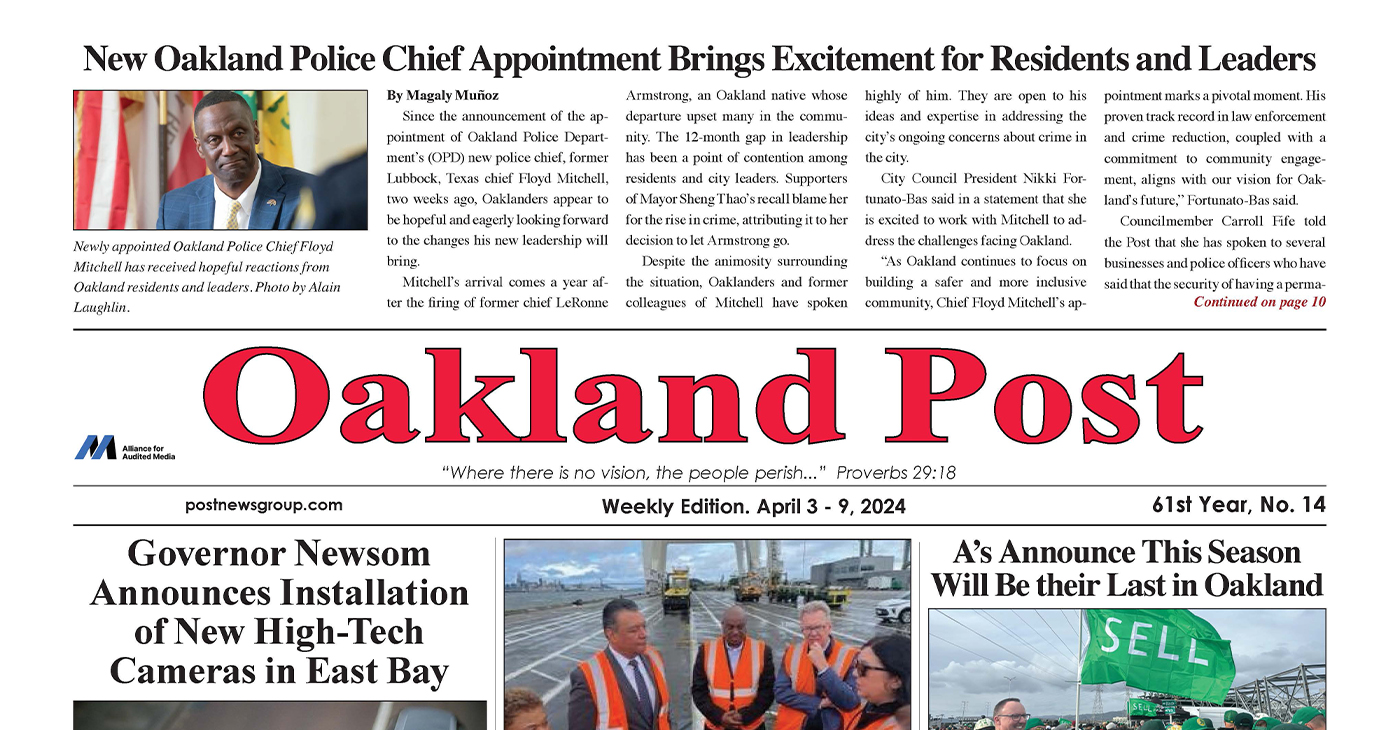Media
Twin Cities Black Journalists announces $1K NABJ conference scholarship
MINNESOTA SPOKESMAN-RECORDER — The Twin Cities Black Journalists has announced a scholarship to send an eligible college student to attend the National Association of Black Journalists (NABJ) Convention and Career Fair.
The Twin Cities Black Journalists has announced a scholarship to send an eligible college student to attend the National Association of Black Journalists (NABJ) Convention and Career Fair.
Now in its 44th year, the convention, which also boasts the nation’s largest journalism jobs career fair, expects more than 4,000 journalism students and professionals to attend August 7-11 in Miami. This year’s convention theme is “Fight the Power: Press Forward with Passion and Purpose.”
The scholarship will help cover registration, hotel and travel expenses. In addition to the scholarship, the recipient will be matched with a professional journalist from TCBJ who will serve as a mentor.
To be eligible, students must be currently enrolled in college or have graduated in the past year; must be a current resident of Minnesota or from Minnesota while attending an out-of-state college; have in interest in journalism as a career; and be able to attend at least three days of the five-day convention.
The application deadline is May 24. To apply, complete the application at bit.ly/NABJ19scholarship. For more information, contact Nicole Norfleet at nicole.norfleet@startribune.com.
Information provided by Twin Cities Black Journalists.
This article originally appeared in the Minnesota Spokesman-Recorder.
Activism
Oakland Post: Week of April 17 – 23, 2024
The printed Weekly Edition of the Oakland Post: Week of April 17 – 23, 2024

To enlarge your view of this issue, use the slider, magnifying glass icon or full page icon in the lower right corner of the browser window. ![]()
Activism
Oakland Post: Week of April 10 – 16, 2024
The printed Weekly Edition of the Oakland Post: Week of April 10 – 16, 2024

To enlarge your view of this issue, use the slider, magnifying glass icon or full page icon in the lower right corner of the browser window. ![]()
Activism
Oakland Post: Week of April 3 – 6, 2024
The printed Weekly Edition of the Oakland Post: Week of April 3 – 6, 2024

To enlarge your view of this issue, use the slider, magnifying glass icon or full page icon in the lower right corner of the browser window. ![]()
-

 Activism4 weeks ago
Activism4 weeks agoOakland Post: Week of March 20 – 26, 2024
-

 #NNPA BlackPress3 weeks ago
#NNPA BlackPress3 weeks agoCOMMENTARY: D.C. Crime Bill Fails to Address Root Causes of Violence and Incarceration
-

 #NNPA BlackPress4 weeks ago
#NNPA BlackPress4 weeks agoFrom Raids to Revelations: The Dark Turn in Sean ‘Diddy’ Combs’ Saga
-

 #NNPA BlackPress3 weeks ago
#NNPA BlackPress3 weeks agoMayor, City Council President React to May 31 Closing of Birmingham-Southern College
-

 #NNPA BlackPress4 weeks ago
#NNPA BlackPress4 weeks agoCOMMENTARY: Lady Day and The Lights!
-

 Activism3 weeks ago
Activism3 weeks agoOakland Post: Week of March 27 – April 2, 2024
-

 #NNPA BlackPress4 weeks ago
#NNPA BlackPress4 weeks agoBaltimore Key Bridge Catastrophe: A City’s Heartbreak and a Nation’s Alarm
-

 #NNPA BlackPress4 weeks ago
#NNPA BlackPress4 weeks agoBaltimore’s Key Bridge Struck by Ship, Collapses into Water


















































